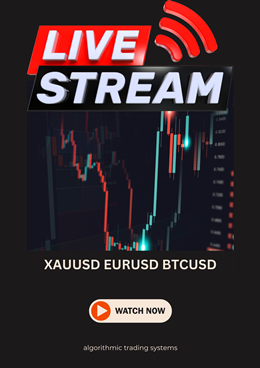This tutorial deals only with those instruments traded on a regulated exchange or with foreign exchange contracts traded at cash forex firms. You could also be a trader in the over-the-counter market or some other swap or auction arrangement, but those venues are beyond the scope of consideration for most beginning individual investors.
In addition to being exchange-traded, here are some characteristics good financial instruments should have in common:
Ties to the cash market.
Financial instruments are typically replacements for transactions in the actual cash market, so you want an instrument that has a solid connection to the "real" market and has a basis for existence.
Price movement.
Prices of the instrument have to be move enough to provide profitable opportunities for traders, yet not be so volatile that they are gyrating uncontrollably up and down without much reason. An instrument whose price does not change or moves only minimally is not an attractive place to tie up your money. When the price of an instrument does move, you want the movement to be relatively fluid without a lot of gaps that may make it difficult to get into or out of positions.
Liquid.
Tied to the item above, volume needs to be sufficient to allow you to get into and out of positions with a minimum amount of loss due to slippage. A market with many smaller positions is usually better for in-out trading that a market dominated by a few large block orders. You want to be able to get in smoothly but, more important, out just as smoothly whenever you want.
Transparent.
Complete information about prices should be available to all traders, regardless of account size. You want an open marketplace where everyone has access to important statistics and data and current prices at the same time. Some traders prefer electronic markets for this reason because trading is not conducted in an inner circle on a trading floor out of the view of off-floor traders.
Contracts sized for your account.
You can't trade contracts that are too large because you may not have enough money in your account, and you don't want to trade contracts that are too small because the increased commissions could wipe out your profits. Trading a $100 stock or a full-sized S&P 500 Index futures contract that requires a minimum deposit of nearly $20,000 may be beyond your means, for example, and would involve too much risk. The instrument has to offer a contract size that matches the size of an account.

 Events
Events Blog
Blog











